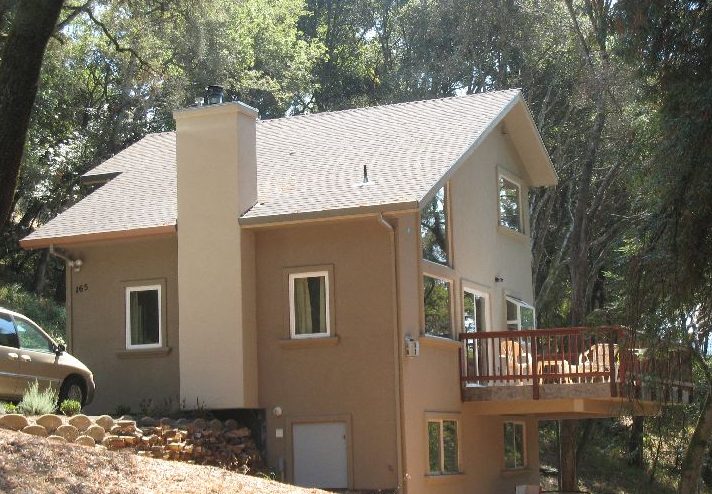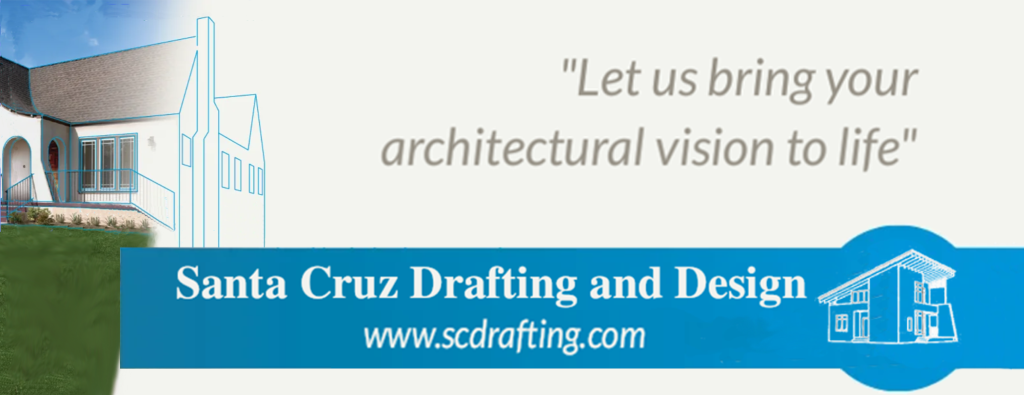
Accessory Dwelling Units (ADUs) in California: A Growing Housing Trend
In California ADUs, also known as granny flats or in-law units, are secondary housing units located on the same property as a single-family home. These units can take various forms, including converted garages, detached cottages, additions to existing structures or even entire homes.

In California, ADUs have numerous advantages…
- Creates additional separate living space on the same property
- Provides either family/guest facilities or additional rental income
- Becomes a key player in addressing the housing shortage and providing more affordable living spaces.
One of the main advantages of ADUs is their flexibility. Homeowners can use them for various purposes, such as housing family members, renting them out for additional income, or creating a home office space.
An ADU can vary in size from less than 500 sq. ft. to 1200 sq. ft. with one, two or even three bedrooms. Full kitchens and multiple baths are allowed, and additional storage or a separate office space can be integrated into the design. Exterior spaces such as garages and shops are allowed, and each unit can separate utilities making them perfect for rental. With the proper design, these units provide an excellent return on investment.
In recent years, we have witnessed a surge in ADU construction, driven by both homeowners seeking to maximize their property’s potential and policymakers seeking innovative solutions to the housing crisis. The ADU ordinances, which allows for both attached and detached units, has empowered homeowners to creatively utilize their space and contribute to the community’s housing needs.
However, challenges remain in fully realizing the potential of ADUs in our area. Despite efforts to streamline the permitting process, navigating the regulatory landscape can still be daunting for homeowners, particularly those unfamiliar with construction and zoning regulations. Additionally, concerns about parking, infrastructure strain, and neighborhood compatibility continue to be topics of debate among residents and policymakers.
Contact us so that we can help you explore what is best for your situation.
